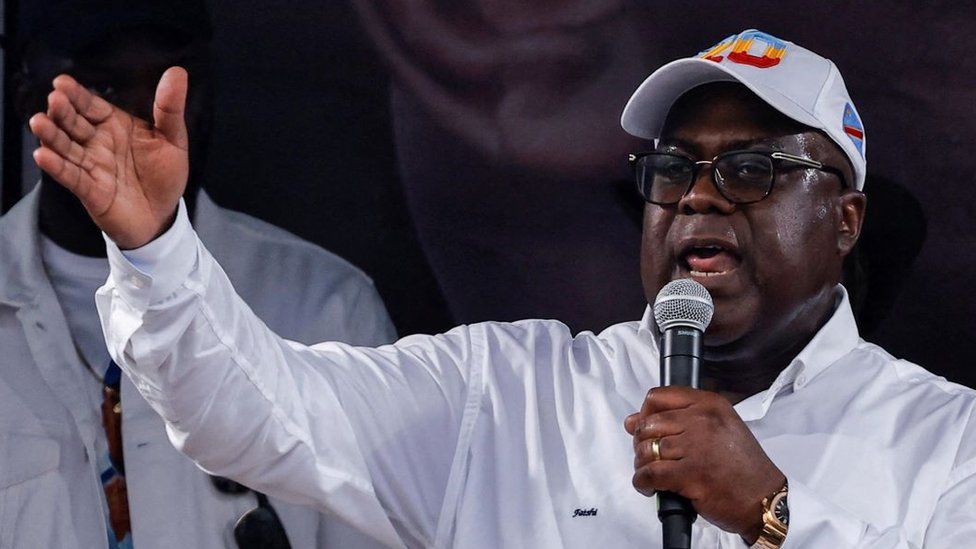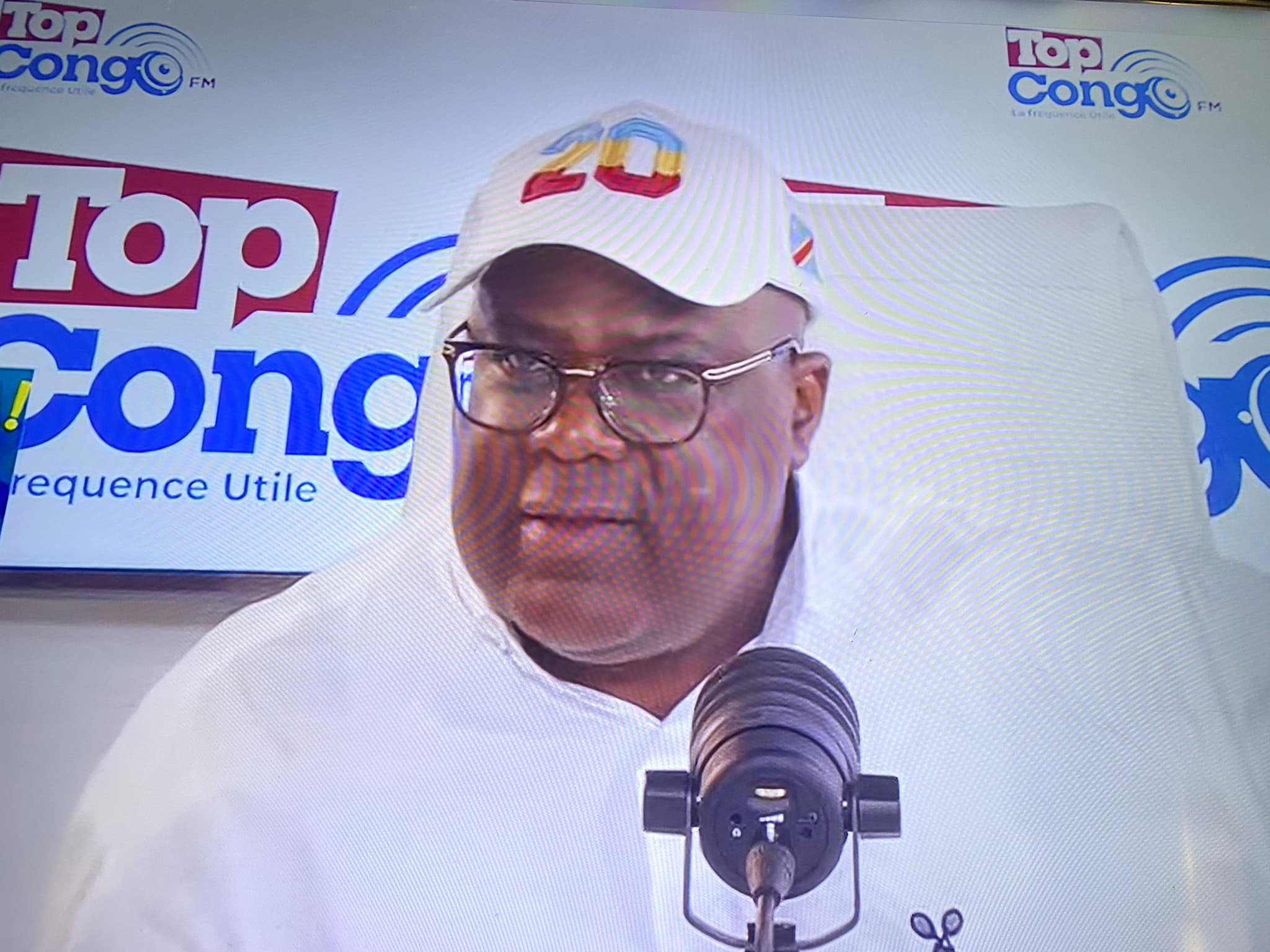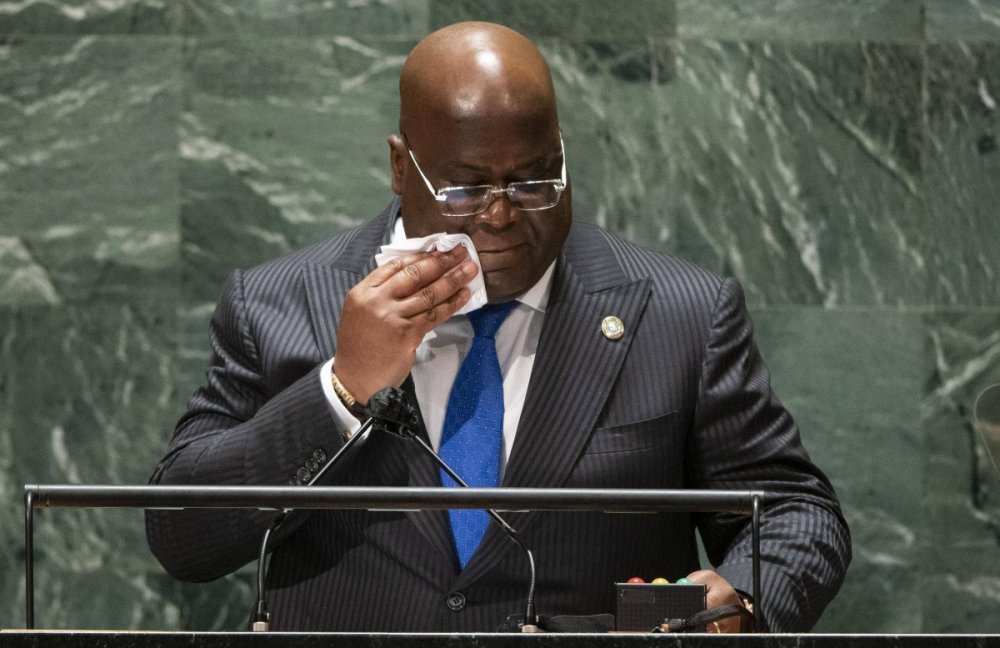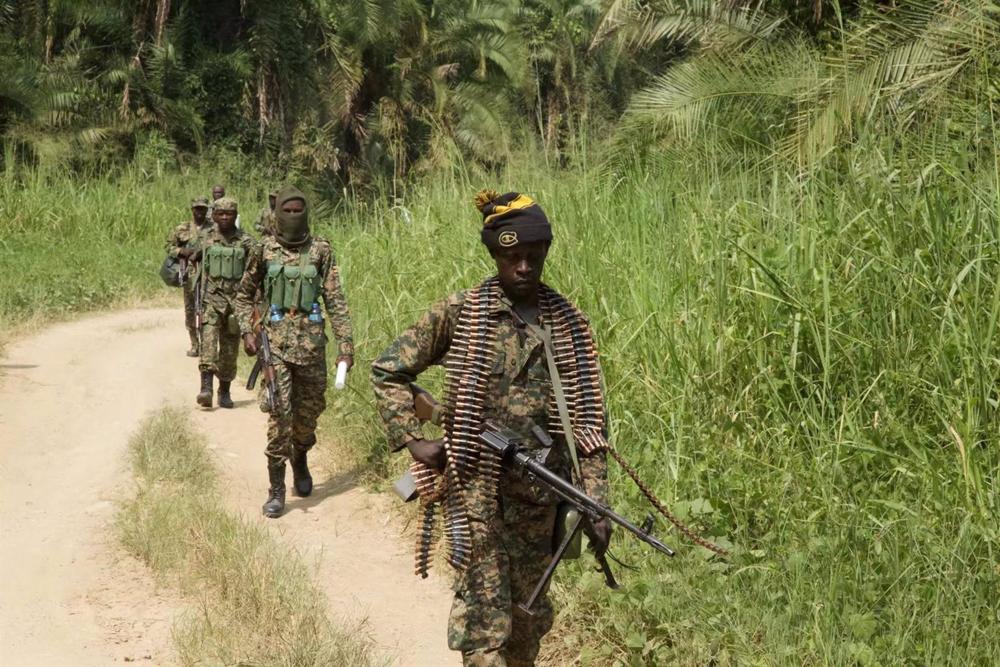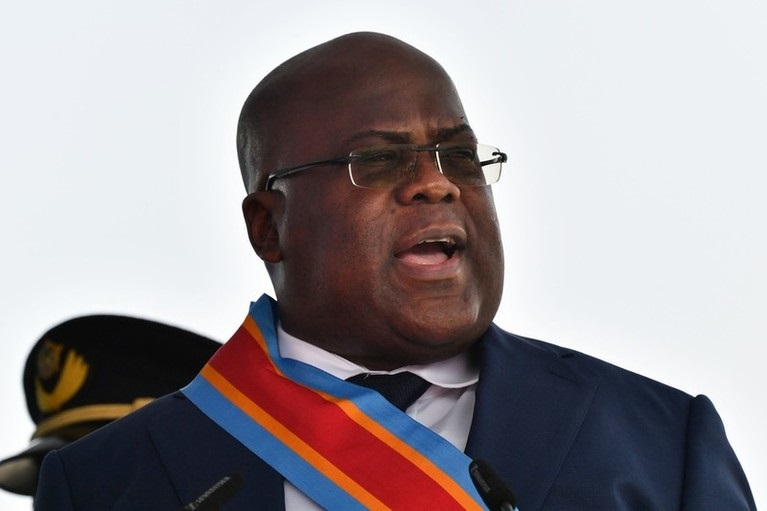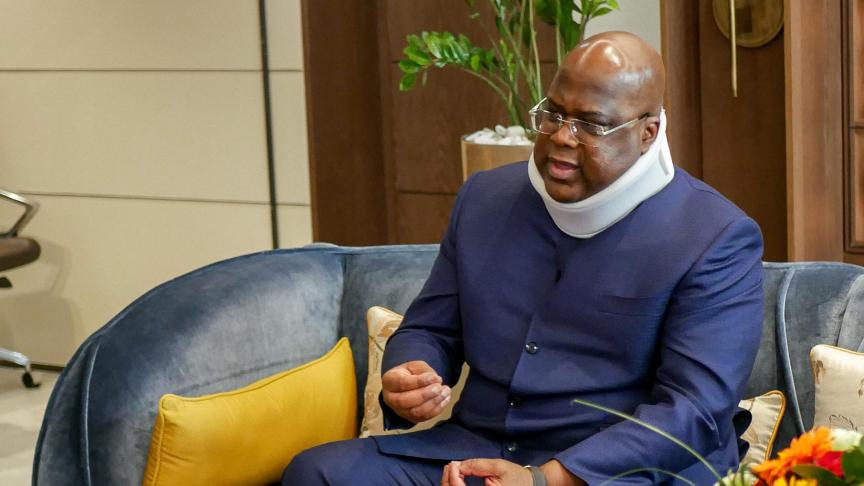Regional
Will Tshisekedi make a difference in his second term?
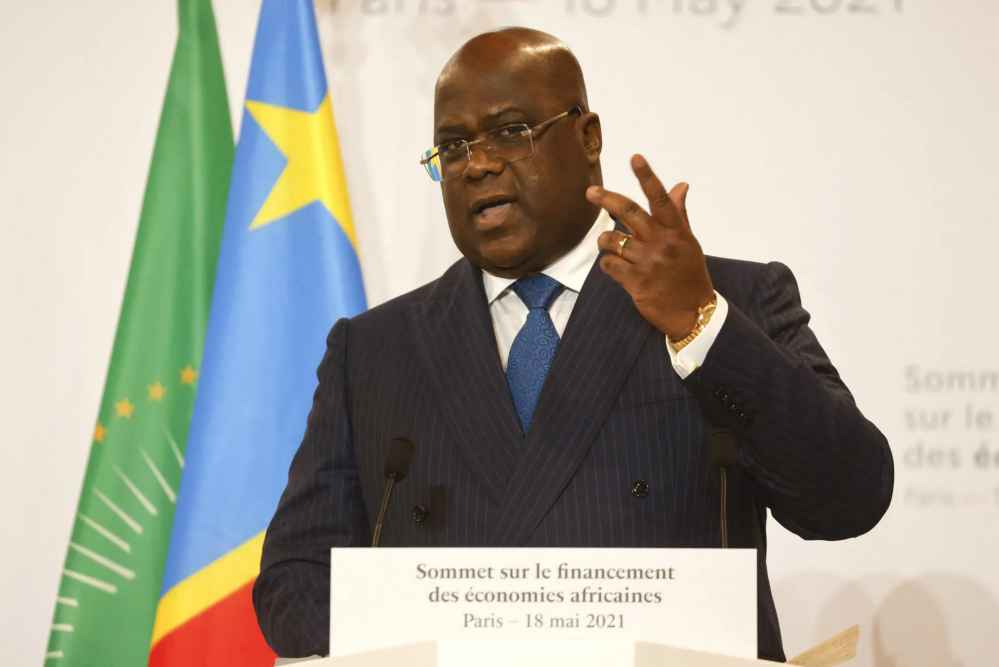
Congolese
President Félix Tshisekedi was declared winner of the December 20 poll with 73
per cent of the vote, according to the country's electoral commission, CENI.
The
preliminary results announced in Kinshasa, on December 31, were countered by opposition
and civil society calls for a rerun due to significant logistical issues
casting doubt on the validity of the results.
Protesters
in Goma, the capital city of North Kivu Province, took to the streets on
December 31, responding to the opposition's call for mobilization against the sham
election results.
While
Tshisekedi faces these protests against his second successful electoral coup
following the one in 2018, there remains one bigger question: what if the
Congolese president preserves his ways of mediocre politics during his second
term?
During his presidential campaign in 2018,
Tshisekedi listed a series of promises aimed at improving the lives of the
Congolese population. After five years in power there is a different story.
Everything worsened. There is no single promise that he fulfilled.
Tshisekedi’s promise to Congolese people
during his campaigns for a second term were “ending Kagame” and “waging war on
Rwanda“, which he calls an aggressor.
With shortage of real achievements to
convince Congolese people so that they could vote for him to get a second term;
inciting hate among Congolese against other politicians especially his
opponents who highlight his failures, as well as blaming the leadership of
neighboring Rwanda for his weakness was his only option.
On his last day of campaigning for the
December 20 elections, Tshisekedi said he is ready to wage a war on Rwanda, if
re-elected. The declaration came as no surprise, as his political maturity has
been questionable.
“I will convene both chambers in congress as
recommended by the constitution, and I will ask them for authorization to
declare war on Rwanda. I say it, and I choose my words carefully because I am
even ready for that, and today we don't even need to send troops on the ground
to Rwanda, from here, we can reach Kigali,” Tshisekedi said on December 18.
By attacking Rwanda, Tshisekedi’s wish can
only turn out to be a disastrous and suicidal adventure. Tshisekedi’s first
term worsened DRC's bad situation, but his second term will wreak even more
havoc.
Commenting on Tshisekedi’s
behavior, Richard Moncrieff of the Brussels-based International Crisis
Group pointed out that, “whether it is Tshisekedi or another candidate who
wins, the rhetoric around the elections is going to cause problems when it
comes to regional diplomacy because they have taken the anti-Rwanda rhetoric
too far.”
Kinshasa’s relations with most regional neighbors,
save for Burundi, are not at their best.
Following the creation of a new Congolese
politico-military opposition platform, Alliance Fleuve Congo (AFC), by
Congolese opposition figure Corneille Nangaa, in Nairobi on December 15,
Kinshasa threatened that Kenya had to face its consequences.
On December 17, Kinshasa recalled its envoy
at the EAC Headquarters in Arusha, Tanzania, Pierre Masala and its envoy in
Nairobi, John Nyakeru, in protest of a meeting of Congolese rebel leaders held
in Nairobi.
Tshisekedi forced the East African Community Regional
Force (EACRF) out of the country before the elections.
Burundi remains the only Tshisekedi darling
in the region because the Burundian army sided with Congolese army coalition in
committing atrocities in eastern DRC. The Burundian army is covertly joining
FDLR and other militia groups in killing the Congolese Tutsi, burning their
houses and looting their property.
A leaked mid-term report by the UN Group of
Experts on DRC confirms that over 1,000 Burundian troops have been covertly
deployed in eastern DRC since October 2023, wearing the uniform of Congolese
troops and working alongside them in the fight against M23 rebels.



